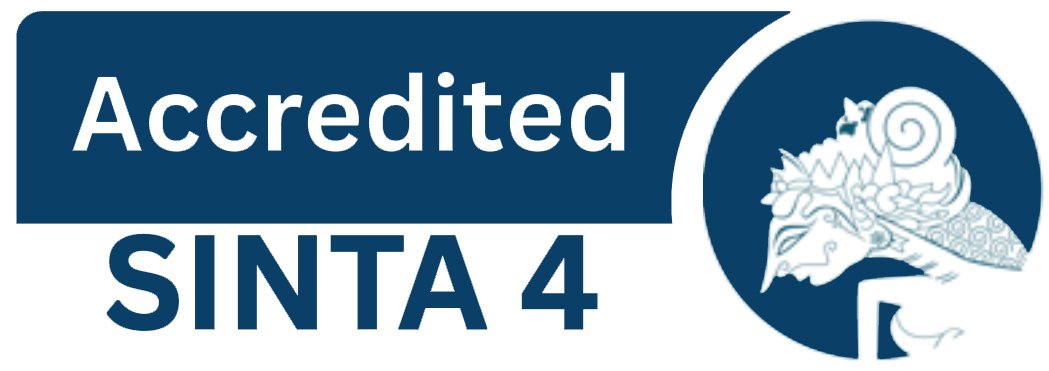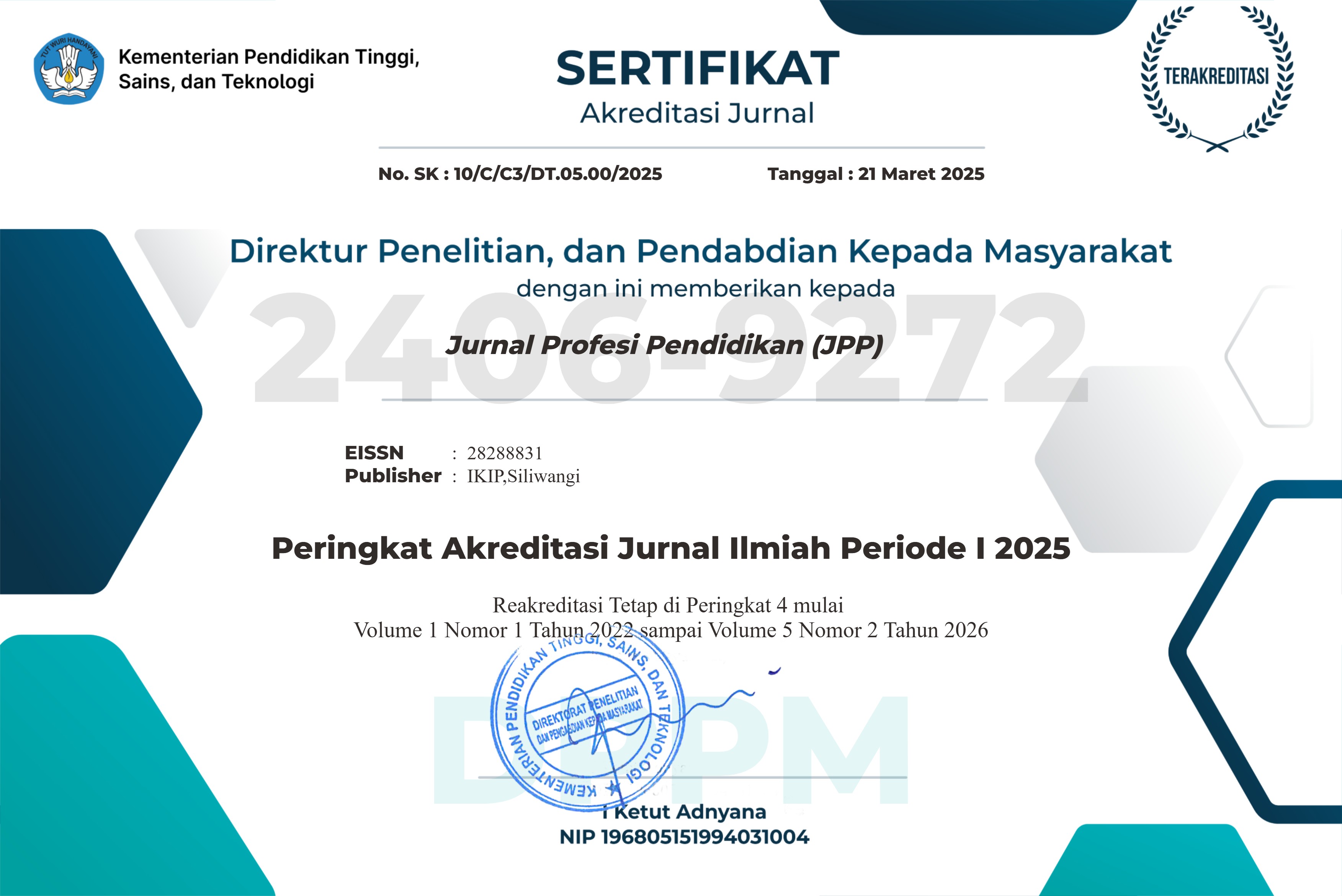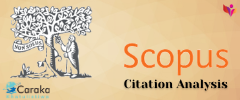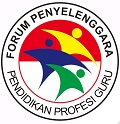About the Journal
Focus and scope
Peer Riview Process
Publication Frequency
Open Access Policy
Archiving
Copyright Policy
This article is an open access article published under the Creative Commons Attribution-ShareAlike 4.0 International License (CC BY SA 4.0). This license gives anyone the widest freedom to use, share, copy, modify, and create derivative works of this article, even for commercial purposes. The main requirement is that users must give appropriate attribution to the original authors and distribute their contributions under the same license (ShareAlike).
Copyright © 2025 by Author, which means that the author retains full rights to his/her work, including the right to reuse it in any form, either academically or non-academically. The journal or publisher does not take exclusive rights to this work, but supports its open dissemination and utilization.
The publication of this article is carried out by PPG IKIP Siliwangi, as part of the institution's commitment to open access to knowledge, especially in the field of education. Through the implementation of the CC BY-SA 4.0 license, PPG IKIP Siliwangi encourages the growth of scientific collaboration, strengthens the equitable distribution of knowledge, and supports innovation in teaching and learning.
With this license, articles can be utilized optimally by academics, teachers, students, researchers, and the wider community—because open science is science that is alive, flowing, and impactful.
















